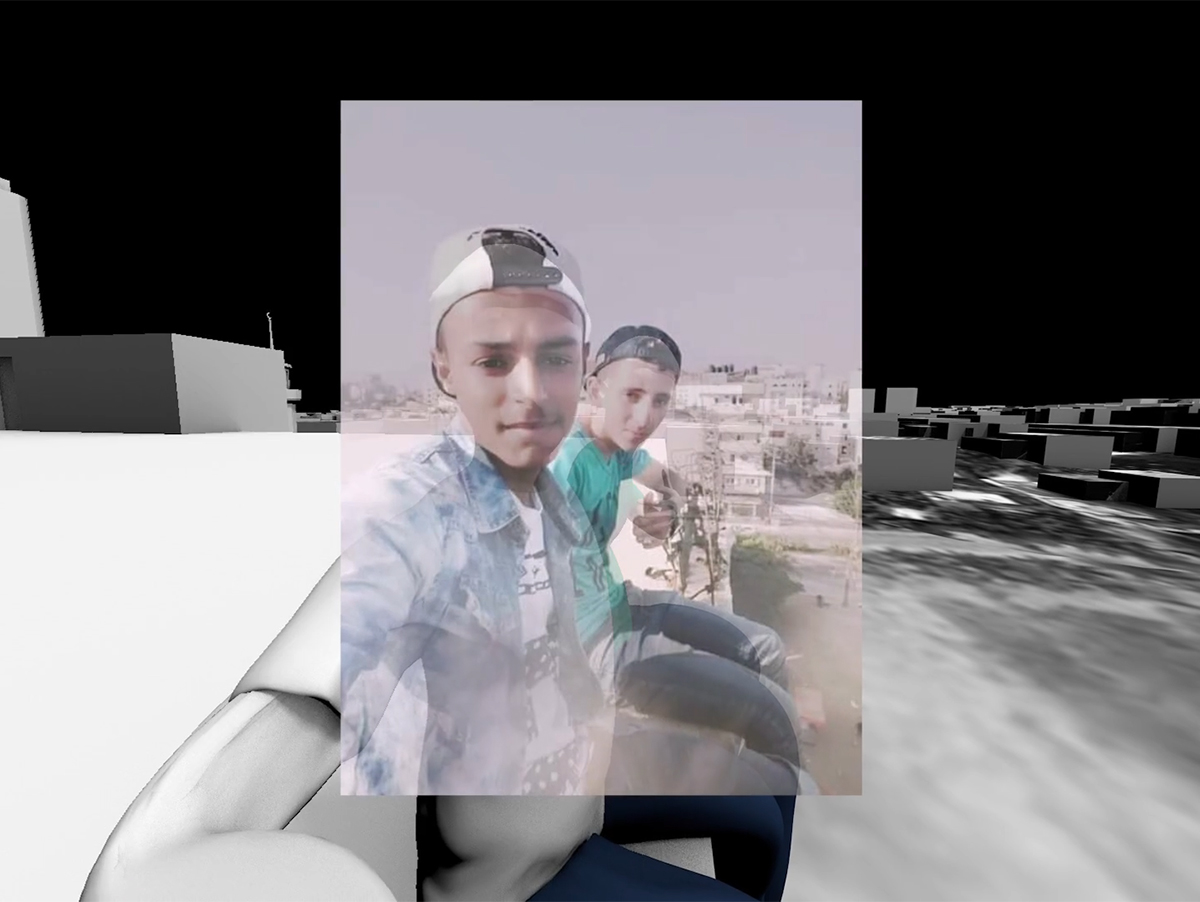Liat Berdugo
Assistant Professor
University of San Francisco
What kinds of images spark social change? What kinds of images demand justice? Since 2013, Berdugo has been researching in the video archives of B’Tselem, an Israeli human rights organization that distributes cameras to Palestinians living in the West Bank, East Jerusalem, and the Gaza Strip and gathers the footage. A camera is given to a Palestinian with the conviction that “seeing is believing,” or that visual recordings will cause change to the sociopolitical order. Yet, in recent years, citizen media have been elevated not as visual evidence in and of themselves, but as material for advanced “visual” or “forensic” investigations by firms like Forensic Architecture, Bellingcat, and New York Times Visual Investigations. Such investigations amalgamate numerous citizen-recorded videos to create a final, forensically abstracted result that “proves” a human rights violation occurred.
This talk studies the forensic visual investigations using B’Tselem video in Israel/Palestine from a design research perspective, and specifically interrogates the graphic representation of Palestinian bodies in such investigations. For instance, Forensic Architecture frequently abstracts and instrumentalizes the images of Palestinian bodies for the task of synchronizing videos. Such visual abstractions both homogenize and erase Palestinian bodies from view — two key tactics utilized by the Israeli occupation to discredit and dehumanize Palestinians at large. However, such forensic abstractions also support the Palestinian appeal to the concept of a “pre-social body”—a body that exists before gender, nationality, ethnicity, race, class, age, or other social categories have marked it—as a means of access to human rights. In sum, this talk asks whether forensically abstracted images demand justice more vehemently than raw media.
This talk draws from Berdugo’s new book, The Weaponized Camera In the Middle East (Bloombsury/I.B.Tauris, 2021), for which a proposal was originally developed at a Design Incubation Fellowship in 2018.
This research was presented at the Design Incubation Colloquium 7.3: Florida Atlantic University on Saturday, April 10, 2021.
